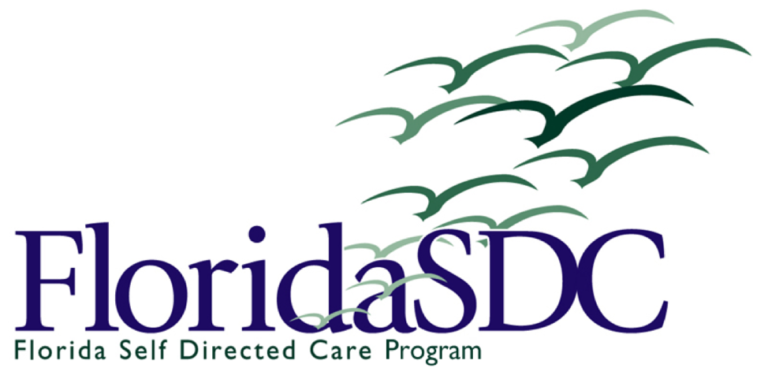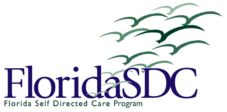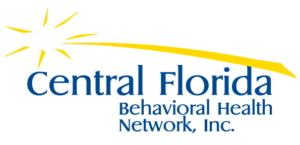



Welcome to Florida SDC Circuit 20
Advocating for and empowering people living with serious mental health challenges to self-direct by taking control over and responsibility for the choices they make in their healthcare and daily life activities in order to promote growth, recovery, connection, and community involvement.
TENETS OF SDC
In its simplest form recovery can be defined as improving, mending, healing and renewal. Recovery is about recognizing and developing individual strengths and assets and giving people the space, support and confidence to do so in the process. Recovery is about overcoming the adverse effects of mental illness that may have hampered one’s ability to fulfill personal life goals.
Choice is the ability and opportunity to select between alternatives, to have a say in decisions made, and to have options. Choice does not mean that a person can have anything they want but gives someone at least two options to choose from, which provides a sense of control so that one may become more invested in attaining personally defined goals.
Responsibility is taking accountability for one’s choices, behaviors and actions. In order to have responsibility people must be treated as if they are capable of being responsible. Responsibility involves accepting that one makes good and sometimes not so good choices. Taking responsibility for mistakes does not make a person a failure, but a true learner. Likewise, taking responsibility for triumphs and other accomplishments serves as positive reinforcement, especially when shared with others. Learning from anything often requires non-judgmental and honest feedback from others while collaboratively problem-solving options for the future.
Accountability involves an expectation to honestly share progress or setbacks in the program, reflecting on how choices are turning out toward accomplishment of goals, and to make adjustments when goals are not being met. Accountable adults accept that they are human and do not make excuses when they know they have done something wrong. Accountability means understanding the difference between having limits related to chronic mental illnesses, and blaming a mental illness for things that are within our control to improve upon. Recovery is about looking at the holistic picture of health and focusing on strengths that individuals have as opposed to limits one cannot control.
Control for our purposes is about helping individuals identify the things they can control, such as our own actions, personal goals, hopes and dreams, and things they have no control over, like how other people act or think. Control in recovery is about developing and working toward goals, while understanding that human beings cannot control everything.
Self-determination stems from the ability to believe in personal control, accountability, selections and responsibility. Self-determination and free will grow from the feelings and experiences that show us success is possible, regardless of the odds. The more chances human beings are given to succeed through a focus on personal strengths and positive feedback about personal accomplishments, no matter how small to someone else, the more likely that self-determination will develop as a foundation.
Self-direction is a concept in the recovery process which treats individuals as capable of making and determining their purposes and goals. Self-direction is encouraged and supported by those who work with people in the program. Individuals are engaged in discussions regarding their capabilities and strengths with the aim of helping people see hope and possibilities. Individuals can gain a sense of independence by determining their life’s direction.
[Operational Policies & Procedures For The Florida Self-Directed Care (FloridaSDC) Program Revised July 2007]
FLORIDA DEPARTMENT OF CHILDREN AND FAMILIES NON-DISCRIMINATION STATEMENT: No person shall, on the basis of race, color, religion, national origin, sex, age, or disability be excluded from participation in, be denied the benefits of, or be subjected to unlawful discrimination under any program or activity receiving or benefiting from federal financial assistance and administered by the Department. To file a complaint, alleging violations of this policy, contact the Office of Civil Rights, Florida Department of Children and Families, 1317 Winewood Boulevard, Building 6, Room 124, Tallahassee, Florida 32399-0700 or call 1-850-487-1901, Suncom 277-1901, or TDD 1-850-922-9220.
The inclusion of links on this site is not an endorsement of that site.
FloridaSDC Circuit 20 is administered by
NAMI of Collier County, and is funded by the Florida DCF.
FloridaSDC Circuit 20 Serves Lee, Collier, Charlotte, Hendry, & Glades Counties
SDC Program Director:
Megan Cobb
SDC Life Coaches:
Leslie Bauer
Janelle Vega
Chrystal Weichert
Data Specialist:
Maya Suarez
Website Design:
Jill A. Ball
Florida Self-Directed Care Circuit 20
5025 Castello Dr., Suite 101
Naples, Florida, 34103
Message Line: (239) 936-4318
Fax: (239) 936-7140
voice@flsdc.org
Office Hours:
Mon – Fri 9 am to 5 pm
Closed most government holidays.
Please call 911 in case of emergency or 1-800-273-8255 if in need of crisis support.


